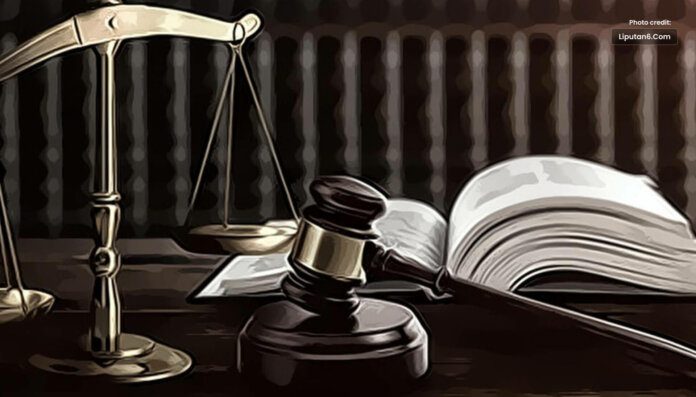Explore the attorney’s role in upholding justice & rights protection.
Attorney at law are the unsung heroes who toil tirelessly in the background to see that justice is done and that people’s rights are upheld in a world governed by laws and regulations.
Beyond the drama of the courtroom, these legal experts play a crucial role in the operation of a just society. Let’s explore the significance of attorneys at law and the crucial function they play in our legal system.
What is an Attorney at Law?
An attorney at law, often referred to simply as an “attorney” or “lawyer,” is a legal professional who is licensed to practice law and represent clients in legal matters. Attorneys have undergone rigorous education, training, and examination to acquire a deep understanding of the law and its applications. Their primary role is to provide legal advice, advocate for their clients’ interests, and ensure that justice is upheld within the confines of the law.
Expert Navigators
The legal landscape is a complex maze of statutes, regulations, and precedents. Attorneys possess a deep understanding of these intricacies and can navigate them effectively. Whether it’s drafting contracts, advising on business matters, or providing guidance on family law issues, their expertise helps individuals and businesses avoid legal pitfalls and make informed decisions.
Equalizers in Power Dynamics
In legal conflicts, opposing parties often have disparate levels of resources and influence. Attorneys act as equalizers, bridging the gap by providing quality representation regardless of their client’s background or financial standing. This prevents cases from becoming one-sided battles determined solely by financial muscle.
Mediators and Negotiators
Not every legal disagreement needs to turn into a full-fledged court battle. Attorneys often act as negotiators and mediators, finding amicable solutions that save time, money, and emotional stress for all parties involved. Their capacity for compromise can mend fences and avert protracted legal disputes.
Guardians of Justice
Attorneys at law are essential in upholding justice by ensuring that legal proceedings are conducted fairly and impartially. They represent both plaintiffs and defendants, ensuring that each party has a fair chance to present their case, challenge evidence, and advocate for their rights. Without attorneys, the scales of justice might tip towards inequality, leaving vulnerable individuals without a voice.
Protectors of Rights
Any democracy is built on the tenet of individual rights. Legal counsel is essential to defending these rights. They advocate for clients facing violations of their civil liberties, such as freedom of speech, due process, and privacy. Their work ensures that the powerful don’t infringe upon the rights of the marginalized.
Catalysts for Change
Attorneys frequently take on cases with broader societal implications. By challenging unjust laws and discriminatory practices, they become catalysts for legal and social change. Historic cases have led to landmark decisions that have redefined civil rights, equality, and individual freedoms.
Upholders of Ethical Standards
Attorneys are held to high ethical standards. Their commitment to professionalism, confidentiality, and a code of conduct ensures that legal proceedings are conducted with integrity. This commitment fosters trust in the legal system and maintains its credibility.
Qualifications and Specializations
To become an attorney at law, one typically needs to complete a bachelor’s degree followed by a Juris Doctor (JD) degree from an accredited law school. After completing the educational requirements, aspiring attorneys must pass the bar exam in the jurisdiction they intend to practice in. This exam tests their knowledge of the law and ethical standards.
Attorneys often specialize in specific areas of law, such as criminal law, family law, corporate law, environmental law, intellectual property law, and more. Specialization allows them to develop deep expertise in their chosen field and provide targeted assistance to clients facing specific legal issues.
Conclusion
Attorneys at law are not just professionals in suits arguing in courtrooms. They are the pillars of justice, the defenders of rights, and the architects of change. Their expertise and dedication are essential for maintaining a just society where laws are upheld, and individuals are protected. So, the next time you think about attorneys, remember that their importance extends far beyond the legal jargon—they are the guardians of fairness and the champions of rights.




